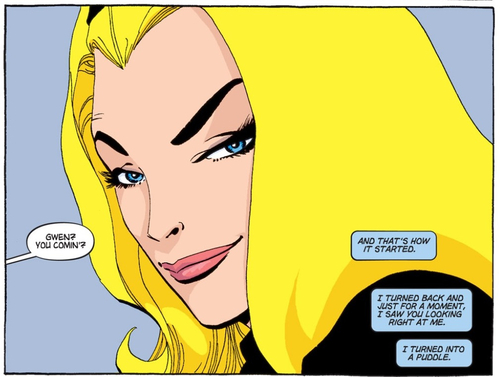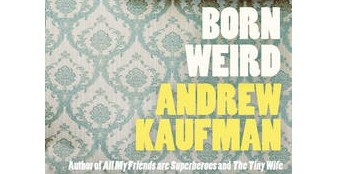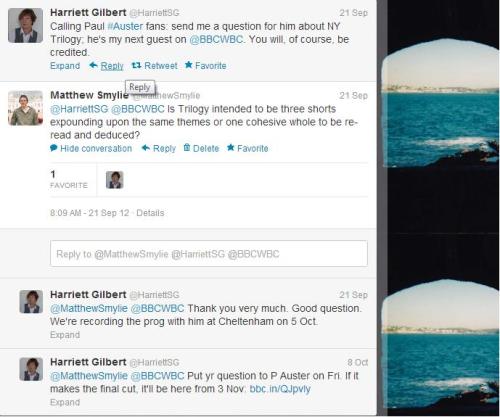‘You know what it is I love about being Spider-Man?
Everything.’
Peter Parker is the original tragi-comic superhero; borne of the inaction that resulted in the death of his beloved Uncle, his optimistic, comedic & irrepressible alter-ego masks the sadness that blights his life.
‘The Amazing Spider-Man’ comic series, running since 1962, is not characterised by Mr. Parker’s successes but, instead, his failings. From the writings of Stan Lee, to other noted Spider scribes, including J. Michael Stracynzki & Dan Slott, Peter Parker has been noted for his inability to protect his loved ones, his mistakes taking hold of his natural guilt.
‘Amazing 2’ draws from a number of lauded 4-colour Spidey stories from throughout the characters’ lengthy history. The narrative begins with the characters on the cusp of adulthood, Peter & Gwen graduating high-school & Harry Osborn making a return from his enforced European education. The spectre of Peter & Harry’s parent’s work at Oscorp soon looms large, as scientific experiments & shady business dealings intertwine with the lives of the susceptible, troubled characters whose conflicts propel the plot into its super-powered denouement.
Marc Webb’s pop-culturally kitsch directorial style, established in his previous 2 features (500 Days of Summer & the first Spider-Man reboot) & derived from his background in music videos, is in full effect here. Whilst the cinematography is undeniably that of a ‘super’ blockbuster, it is in the quirky, eccentric & original visual flairs that Webb’s Spider-Man is at its best.
The opening half of Webb’s ‘The Amazing Spider-Man 2’ is an almost perfect distillation of the essence of the ‘Web Head’s. He’s tortured, but never allows his sadness the better of him. He loves his Aunt May & Gwen absolutely & he relishes in his role as a quick-witted, righteous & hopeful protector of the people. Everybody needs a montage, & Webb’s quick-cut portrayal of Parker saving New York City through happiness, good-health & sickness is Spider-Man.
‘Amazing 2’ sees Andrew Garfield & Emma Stone reprising their star-crossed leads from the first reboot & their chemistry is electric – far more so than anything Jamie Foxx has to offer. Webb’s Spider sequel is at its most effective, engaging & charming when it focuses upon the tender love affair between Peter Parker & Gwen Stacy. Their kisses are sexier than anything any other superhero pictures have to offer, their lip-bitingly coy conversations sweeter & their present, past & future more realised.
This is a couple who, despite the super trappings, feels real & whose love introduces real, emotional implications to the audience.
This isn’t to say that the villains don’t satisfactorily spin their own webs. Paul Giamatti is more hammy than Rhino in his extended cameo as Aleksei Sytsevich, but proves apt for his role as supporting villain. Jamie Foxx, meanwhile, cuts a collusive tragic & imposing figure as lowly Oscorp employee turned livewire, Max Dillon AKA Electro. Dane DeHann, thirdly, as the morally ambiguous Harry Osborn, begins sympathetic and lost, but whose return to NYC soon marks his wrong-turn to villainy. However, his physical, emotional & spiritual descent is, as is often the case with multi-character super sequels, rushed. A slower paced devolution, unfolding through numerous films, would have proven a more impacting, & comic book’y, narrative through-line for the adolescent Osborn.
Speaking of the Osborn bloodline, Chris Cooper delivers a deliciously malevolent turn as the patriarchal Norman. Webb marries Spidey’s arch-nemesis into the narrative in a manner that alleviates re-treading the story from Raimi’s trilogy, whilst ensuring the lineage of his menace looms large.
Disparaging comments from fanboys will likely turn to the increased role of Peter’s parents in his becoming the arachnid hero. This plot point borrows liberally from the Ultimate Spider-Man comics line, an early ‘00s reboot of the long-running series based in a fresh continuity, which sees his posited, & pivotal, every-man status potentially diminished. This could be countered in that self-same argument – Webb is crafting here an original status-quo necessarily distinctive to Raimi’s.
Criticism could also be levelled at Electro’s reduction from a compelling, morally grey character to what is essentially CG sparkle. But, again, thus is the nature of sequel-ised, big budget storytelling: intriguing character development can’t always compete with the toy sale profit margins.
Of course, it would be shockingly remiss to discuss Electro & not give credit to Hans Zimmer’s atmospheric, eerie score. Max Dillon’s debilitating journey to super-villain is underpinned by his theme, with its staccato broken sounds & intermingled schizophrenic voices, intuiting Electro’s breaking mind & his burgeoning power.
‘The Amazing Spider-Man 2’ is, arguably, the purest representation of the webbed hero on the silver screen to date. Spidey himself is fun, Peter, Gwen & Harry are young & with the world at their feet but are also marred by the unmistakable tragedy of the Spider mythos. Webb brings directorial verve, transmuting a little of that indie rom-com aesthetic to a larger scale & with success.
In essence, ‘The Amazing Spider-Man 2’, with its wit, awe & sadness, effectively realises the Peter Parker adage – ‘With Great Power, Comes Great Responsibility.’
**** 4/5 stars










